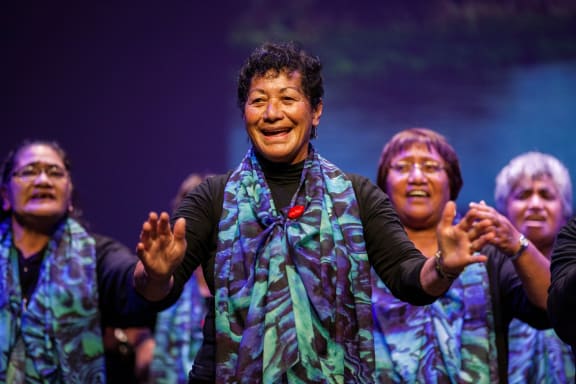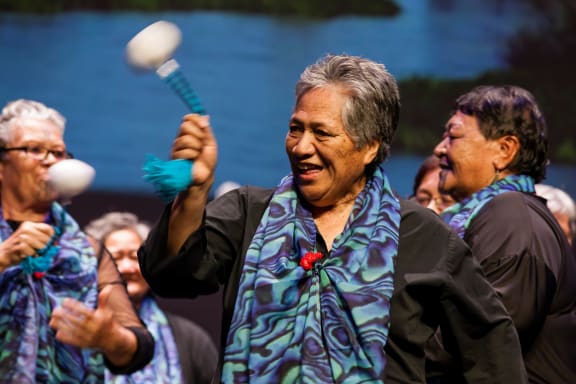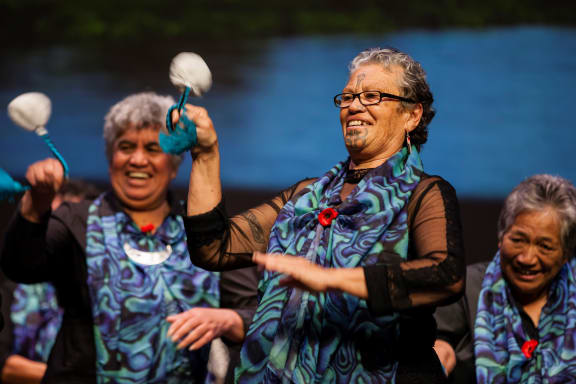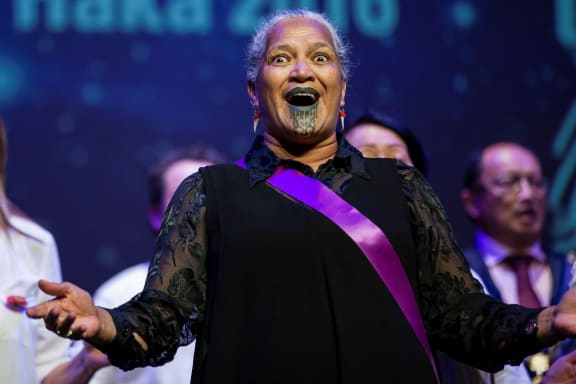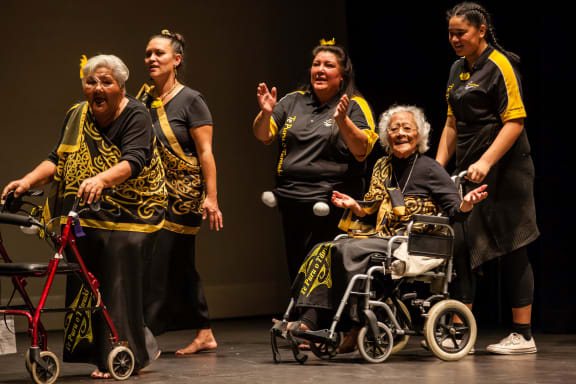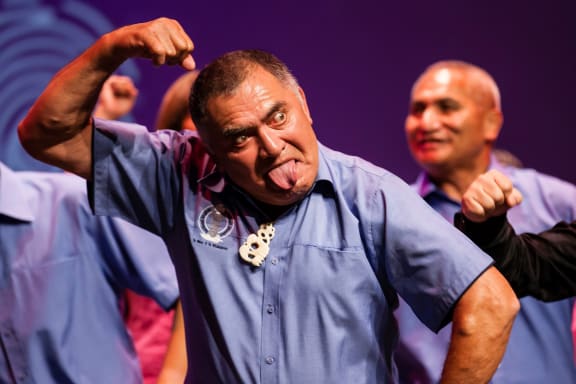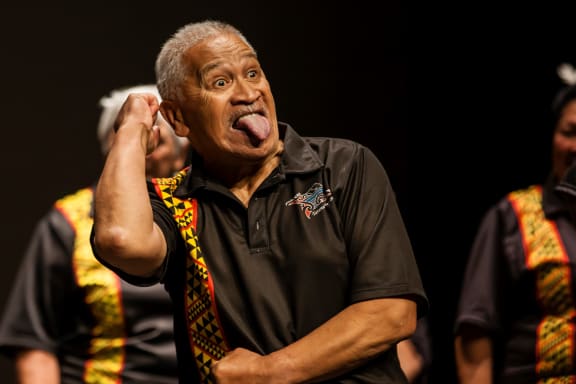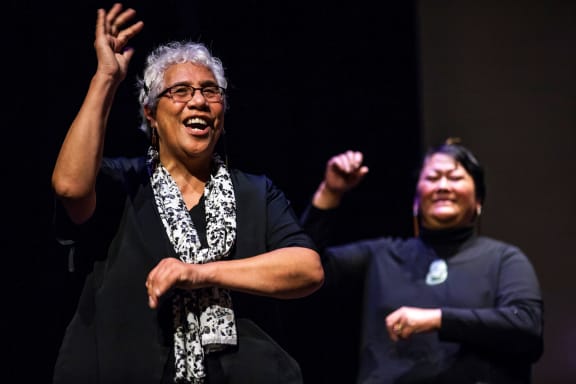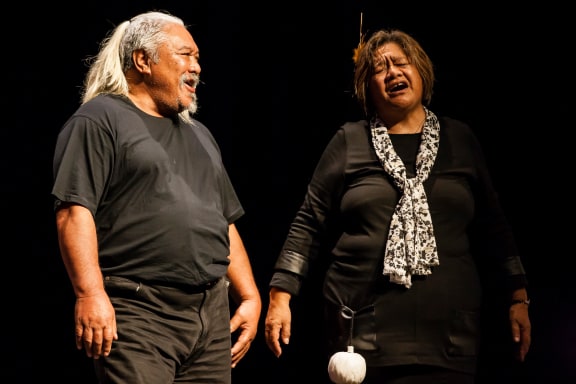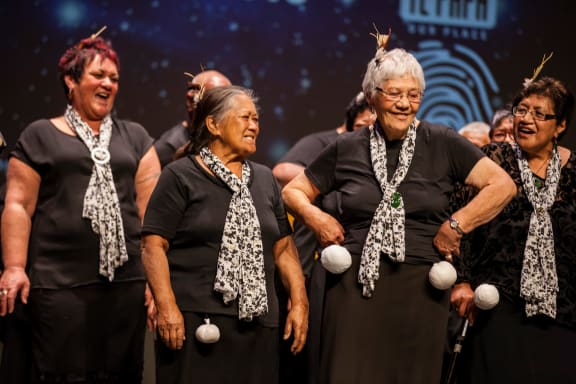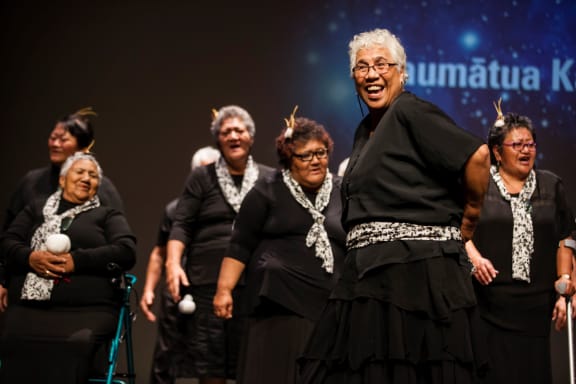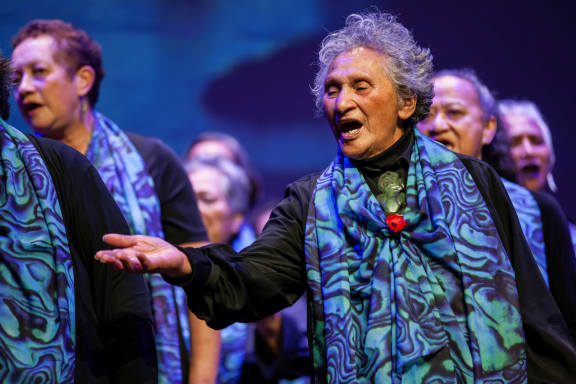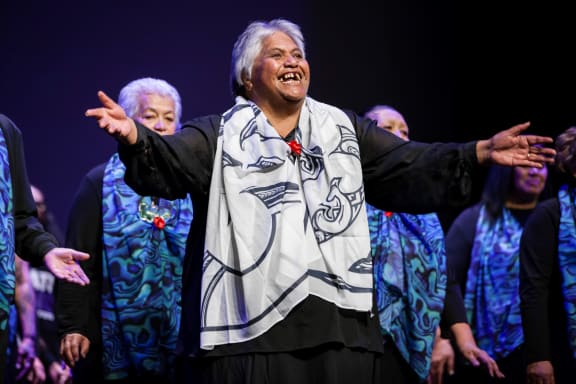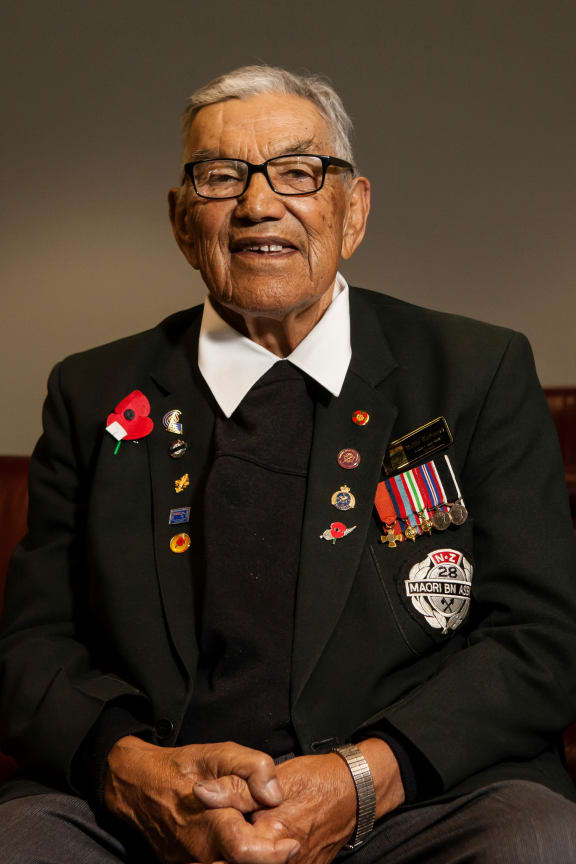The bones may have been a bit creaky but the voices were in fine form at the annual Kaumātua Kapa Haka festival at Te Papa over the weekend.
Hundreds of nannies and koro from around the country converged on the Wellington venue to roll back the years and revive a few memories.
Some performers were in their 90s while a good chunk were into their seventh and eighth decades.
Many groups had been around in one shape or another for almost as long - Te Hokowhitu-a-Tu from Tokomaru Bay on the East Coast has a heritage that stretches back to the 1930s.
The group is steeped in history with deep connections to C Company of the 28th Māori Battalion and it was led for many years by Ngoi Pēwhairangi, the composer of the hit song Poi E that was performed by the Patea Māori Club.
A number of groups, including Hokowhitu, performed songs that had been composed in memory of soldiers who went away to war.
One of those old soldiers was in the audience - Nolan Raihania from Tokomaru Bay is one of a handful of survivors from the Māori Battalion. He said the first leader of Te Hokowhitu-a-Tu, Tuini Ngawai, was a prolific composer.
"When the war came to be, most of her attention was turned to composing songs about the 28th Battalion."
Actor Mabel Burt emceed the festival and said the performances were a unique way to honour their elderly and showcase some of the best exponents of Māori performing arts and language.
"It's about pleasing other people. They're using the culture to please other people."
There were a number that took the stage in walking frames and wheelchairs and a few whose minds weren't as sharp as they'd once been.
But the chance to perform songs they'd known since childhood to a packed auditorium brought out a youthful exuberance.
And there was a constant stream of humorous banter. One leader quipped that some of the songs were a bit scandalous and worried about the mokopuna who understood Māori. But even if you didn't understand the words, the actions gave a fairly vivid translation.
The audience included people from around the globe including China, India, France, Japan, Netherlands and the US. There was also a massive following online with a livestream video of the performances.
